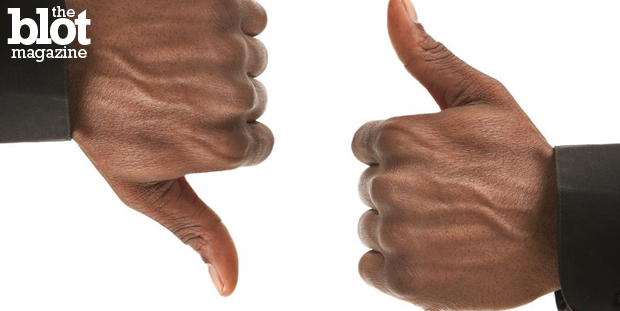
Branding is something that used to be reserved for livestock, criminals and those society sought to ostracize. While these things still go on, the advent of modern advertising as fans of “Mad Men” know, has brought the mighty “brand” to the forefront of the minds of consumers and marketers. The big data treasure trove that is social media can now give us some idea about how well our favorite — or most despised — brands are doing out there in cyberspace and in the consumer’s mind.
By digging into Facebook, YouTube and Twitter, SurveyMonkey and WPP, Social@Ogilvy were able to get more than 5,000 people in 11 countries to provide information about the brands they liked or followed, as well as the ones they’re not so fond of. More importantly, though, WPP learned how often they actually interact with said brands.
Turns out “liking” something doesn’t necessarily mean a consumer pays much attention to the company or product after the initial “like.” It’s somewhat similar to liking your friends’ “awesome” vacations photos or their adorable kids. Pristine beaches and grinning families can only hold your attention for so long. You might “like” them online, but not as much as the person (or company) hoping for a “like” would have, well, liked.
People living in emerging markets such as Brazil, China and India tend to interact with the brands they follow more than Americans do, although Yanks favor quality (93 percent) when recommending (i.e. promoting) a brand to friends or coworkers. Some of the brands social-media users really do like and are inclined to recommend are Apple, Chanel, Dove, Nivea and L’Oreal, while McDonald’s, Pepsi and the agrochemical giant Monsanto didn’t illicit much positive response at all.
The big take away from the study — other than the fact that liking or following a brand doesn’t make someone an active user — is that markets vary when it comes to social-media campaigns and response. Brazil clocks in at 43 percent as far as social-media promoters go, while France (according to the study) hovers around 14 percent, and Japan limps in at a paltry 1 percent. Simply put, just because a person chooses to “like” a brand or product on social media, that doesn’t mean he or she gives a rat’s ass about it at the end of the day — or will spread the news.
Carl Pettit is a contributing journalist for TheBlot Magazine.





